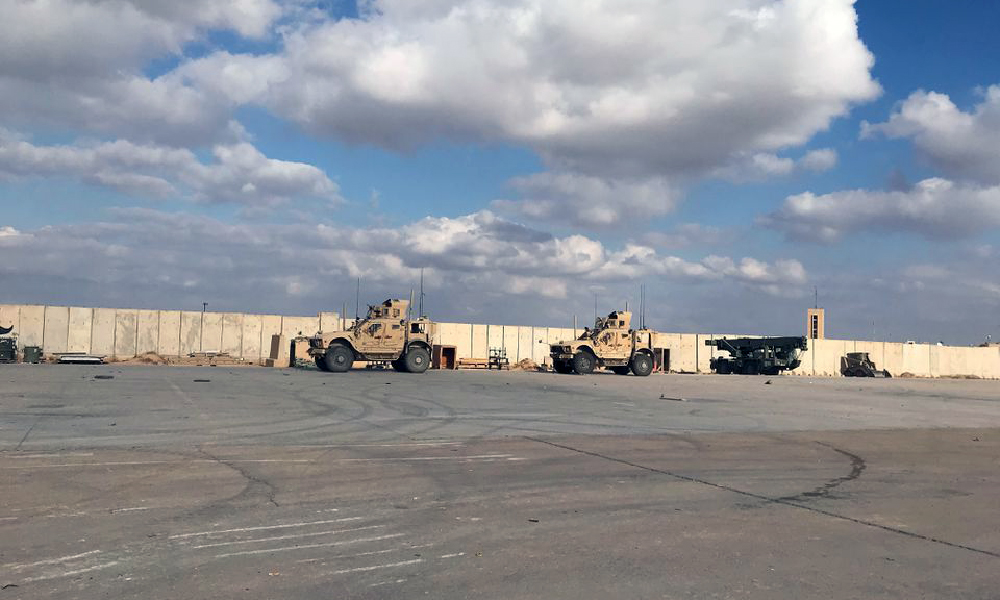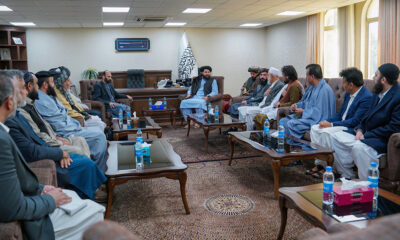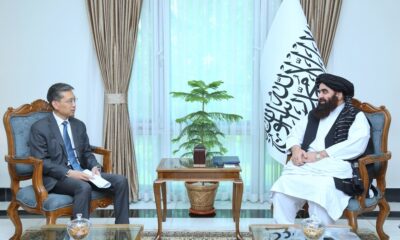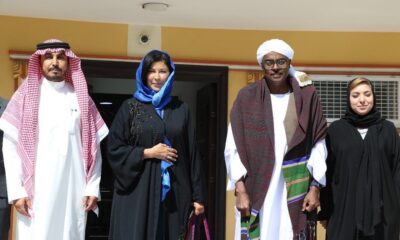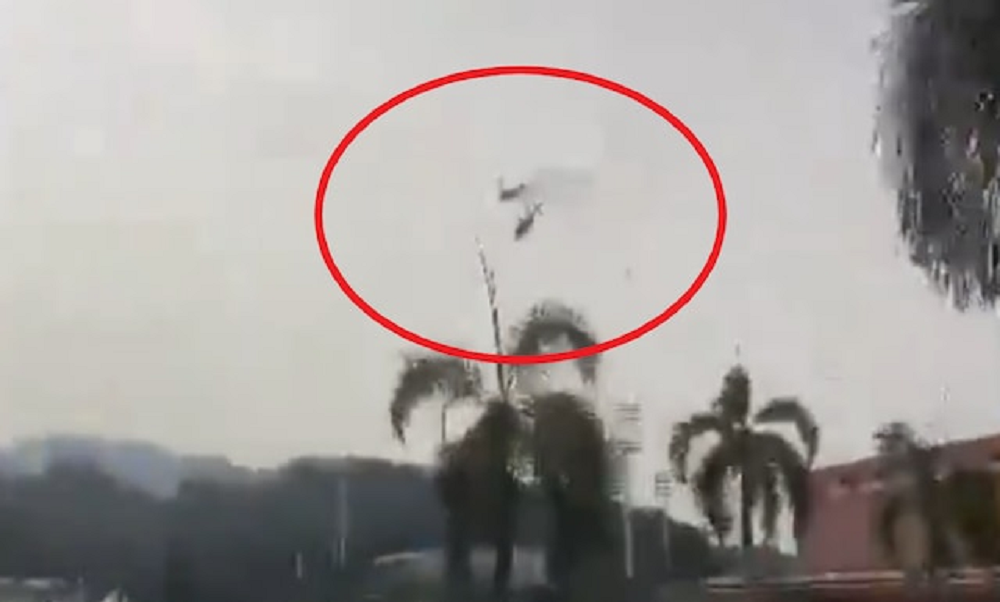Two Japanese navy helicopters crashed into the sea during a training exercise, killing at least one of the eight crew members on board, the defence minister said on Sunday.
The two SH-60 patrol helicopters were conducting anti-submarine exercises on Saturday night near Torishima in the remote Izu island group, off the southern coast of central Japan, Reuters reported.
Defense Minister Minoru Kihara told a press conference the cause of the crash is under investigation. The two flight recorders had been discovered in close proximity to each other and the probability was high that the two helicopters had collided, he added.
Japan’s Maritime Self-Defense Force (MSDF) and Coast Guard are searching for the remaining seven crew members.
Earlier on Saturday, MSDF Chief of Staff Yoshitaka Sakai indicated he did not believe there involvement from another country in the crash.
In a post on X, U.S. ambassador to Japan Rahm Emanuel offered his country’s assistance in search and rescue efforts.

